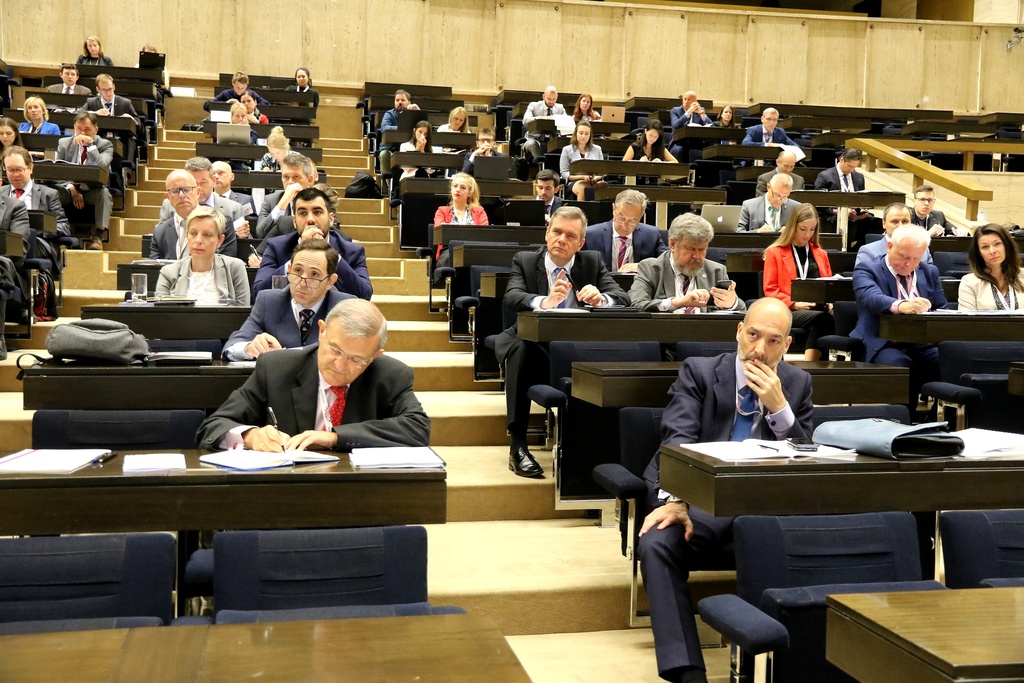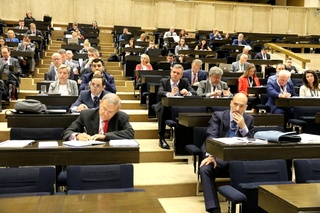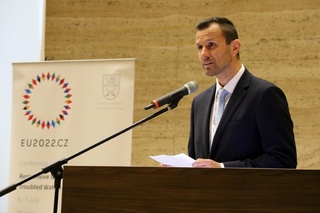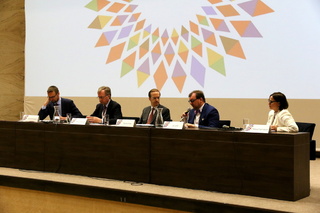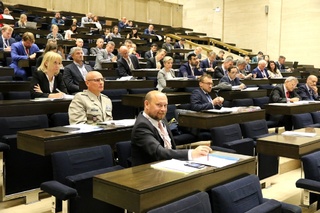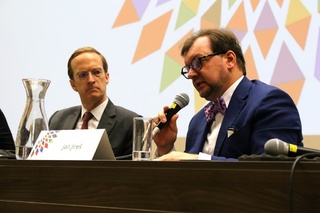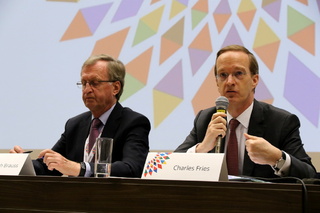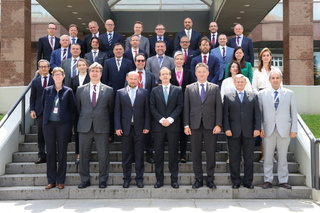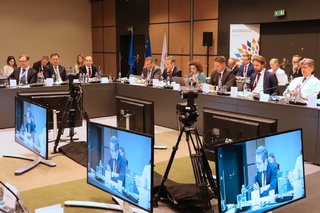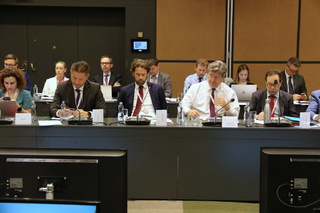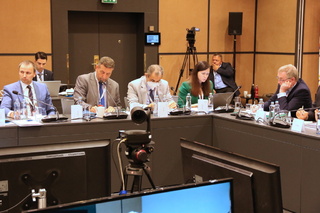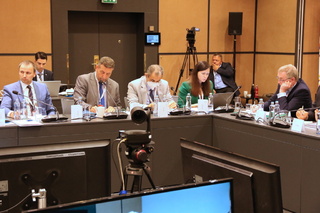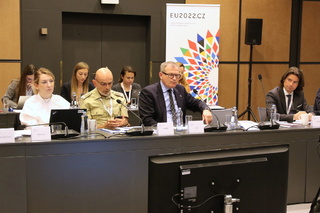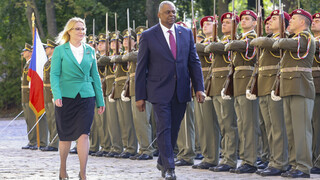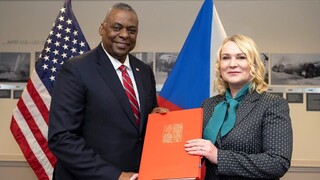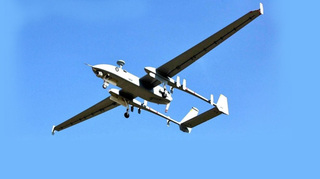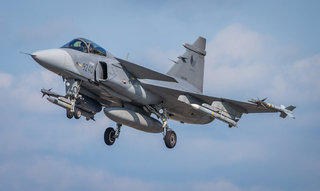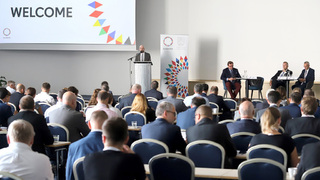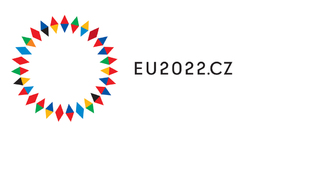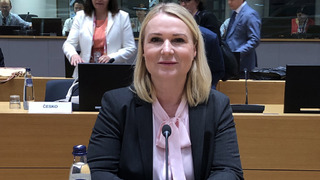A strong transatlantic partnership, adequate defence resourcing invested into capability shortfalls and improved strategic communication of our missions and operations – all those are essential for strengthening our ability to respond to crises. That was the primary takeaway from the discussions security experts from European and non-European countries, EU institutions, NATO and think-tanks, who gathered in Prague for the conference named Responsive CSDP: Navigating through Troubled Waters of Geopolitics. The first event organised by the Czech Ministry of Defence as part of the Czech Presidency of the Council of the European Union took place in the National Museum in Prague on July 6-7, 2022.
Europe is experiencing fundamental changes of the security environment caused by the war in Ukraine, aggressive behaviour by Russia, growing assertiveness of China, persistent threat of terrorism and the rise of advanced technologies that represent both opportunities and new challenges for our security. In the present context, making Europe more secure is one of the biggest and toughest challenges we are facing; indeed, “Europe as a task” is the motto of the Czech Presidency of the Council of the European Union. The Czech Republic realises that the European Union has to take a greater responsibility for its security and become a greater security actor. A secure, strong a ready Europe is the goal of the Czech Presidency.
Lessons learnt from missions to benefit
Our security does not end on EU borders – instability in our neighbourhood and beyond largely impacts the security at home. Most of the panel discussions of the conference in Prague entertained the ways to better manage and respond to crises facing the EU. Deputy Defence Minister Daniel Blažkovec addressed the attendees in the beginning of the conference: “We have a large body of experience from military and civilian missions and operations performed to provide stabilisation and development of regions affected by crises. We have learnt and improved our conduct, but we have to do even better. We can build on our recent experience from Afghanistan and from the EU’s counterterrorism efforts in the Sahel“.
The key theme intertwining the conference was the Russian aggression in Ukraine with specific discussions on the lessons learnt from that conflict and its impact on the implementation of the EU’s first new purely security and defence strategy – the Strategic Compass. The adoption of the Strategic Compass in March marked an important milestone in the EU’s attitude on security and defence, including because the Strategic Compass clearly articulates the EU’s ambition to be a strong global security actor. The ambition nevertheless has to reflect in practical steps. In this respect, the EU is going through one of the first stress tests as concerns the way it is approaching the war in Ukraine and coping with the consequences. Experts concurred that it is essential to deliver on that ambition in the broader transatlantic framework – in partnership with NATO.
Focus on strategic communication
A part of the conference was dedicated to the strategic communication in missions and operations. The speakers agreed there was a need to pay a higher attention to this subject. The information environment grows increasingly complex day by day, including due to an increased activity of our opponents and their disinformation campaigns. Missions and operations have to be more resilient, which is the primary purpose of the Foreign Information Manipulation and Interference (FIMI) Toolbox, designed to enhance our ability to detect, analyse and respond to those threats. The Toolbox is scheduled for completion during the Czech Presidency.
The conference also agreed that the EU’s engagement outside its borders has to answer the needs of the host countries as much as possible and flexibly respond to the change that may occur. EU missions and operations primarily engage in locations with highly complicated or disrupted governance. Although it is challenging to obtain essential feedback, ways must be sought to overcome those difficulties.
Last but not least the conference addressed the EU’s rapid deployment capacity and cooperation of the European Union and NATO. The EU’s response to the aggression in Ukraine has been unprecedented both in terms of speed and flexibility. If Europe wants to be a credible security actor, we have to build and develop flexible response, strengthen our readiness and build necessary capabilities. That is however impossible without increased defence expenditures effectively invested into filling the existing gaps. NATO is the cornerstone of collective defence and it is therefore critical to act in mutual cooperation. The adopted EU’s Strategic Compass and more recently the NATO’s Strategic Concept have paved the way for us to go ahead. Thanks to the cooperation with the key partners, such as NATO, we will be able to respond to emerging crises more comprehensively and effectively.
Defence Policy Directors in session
The Responsive CSDP conference was followed by a meeting of EU defence policy directors, who also discussed the EU-NATO partnership and Ukraine. The Russian aggression highlighted the need to do away with dependence on remaining ex Soviet hardware and equip the armed forces with new systems and weapons. In this respect, the Directors agreed there is a need to create an instrument that would facilitate common public contracting for replenishing the stocks of individual EU Member States. According to Martin Riegl of the Czech MoD, the Czech Presidency will seek to create the conditions conducive to having the necessary document ready in advance before the end of this year.
Russia using hunger and migration as a weapon against the West
The Russia attack influences both the goings-on in Europe and its neighbourhood, but also on the African continent. It is not just about the local armed forces – Putin also influences the life of common people with his policy, especially in Africa. For example Somalia is on the verge of a humanitarian disaster – the country, which has been suffering from a complete lack of rainfall for four years, has a critical shortage of food due to the war in Ukraine. The export of grain is blocked by Russia, which has occupied the majority of Ukrainian ports on the shore of the Black and Azov Sea. “An important element of Putin’s strategy is the plan to starve millions of people in Africa and Asia and trigger a new migration crisis,” Mr. Riegl alerted to additional ramifications of the Russian aggression in Ukraine.
The events in the past years or months do not give much reason for optimism, yet there is one – and it is crucial: the West is now more united than ever before. The Czech Presidency included this among its priorities and focuses on a more intensive cooperation of two key players – the European Union and the North Atlantic Treaty Organisation. „NATO’s foremost task is a robust and credible collective defence capability. Yet it requires significant support from the EU, especially in ensuring military mobility in Europe, resilience and strengthening the European industrial base,” Martin Riegl said. In other words, NATO and the EU are different organisations that use of a different toolset, but both work towards the same goal.
